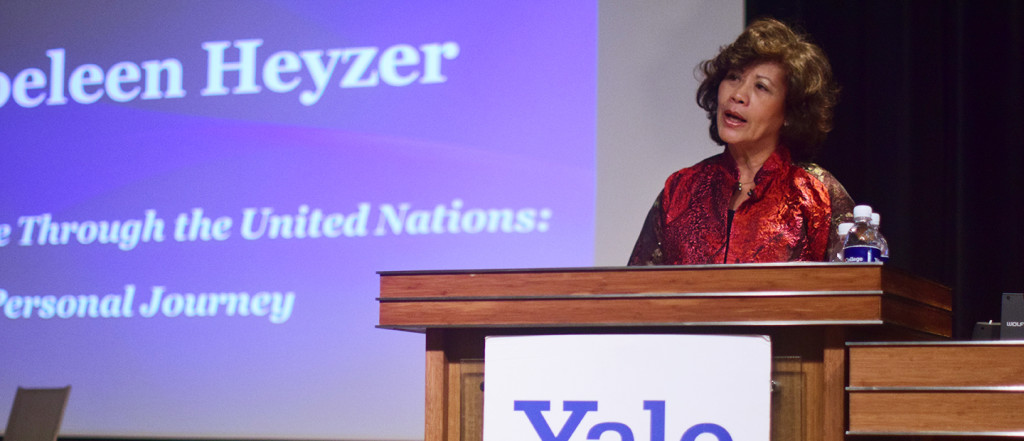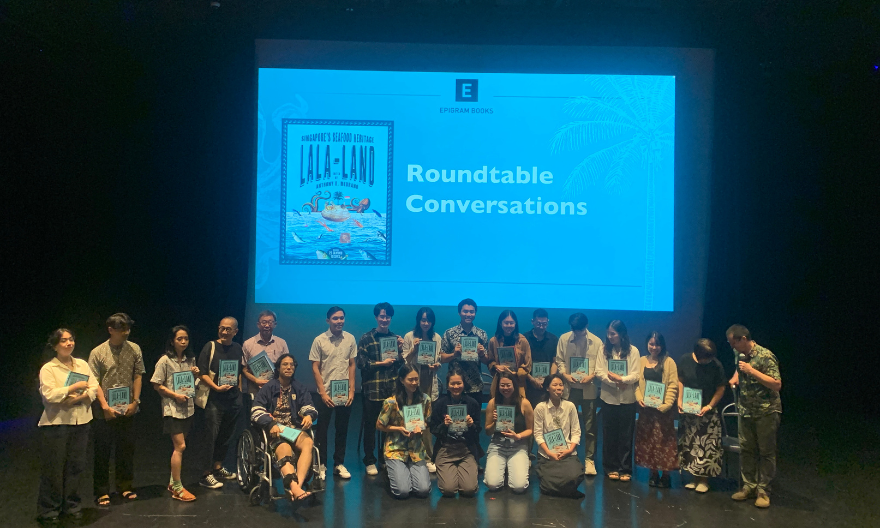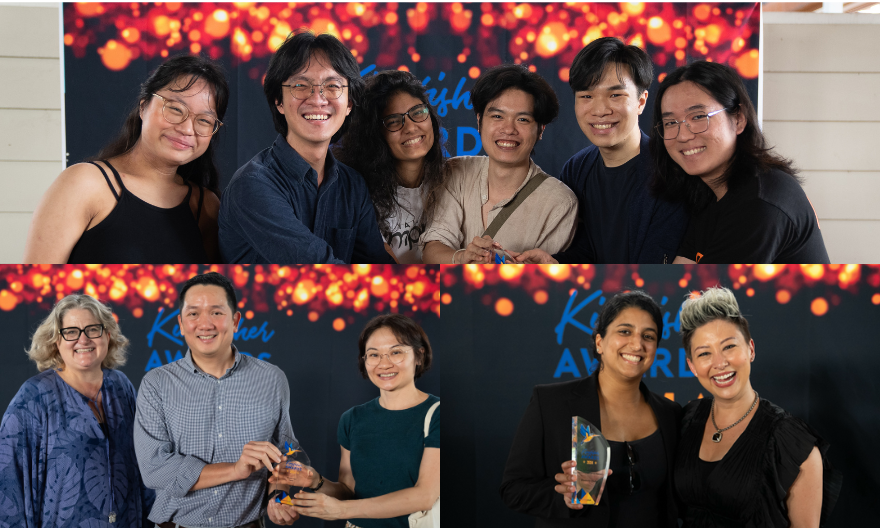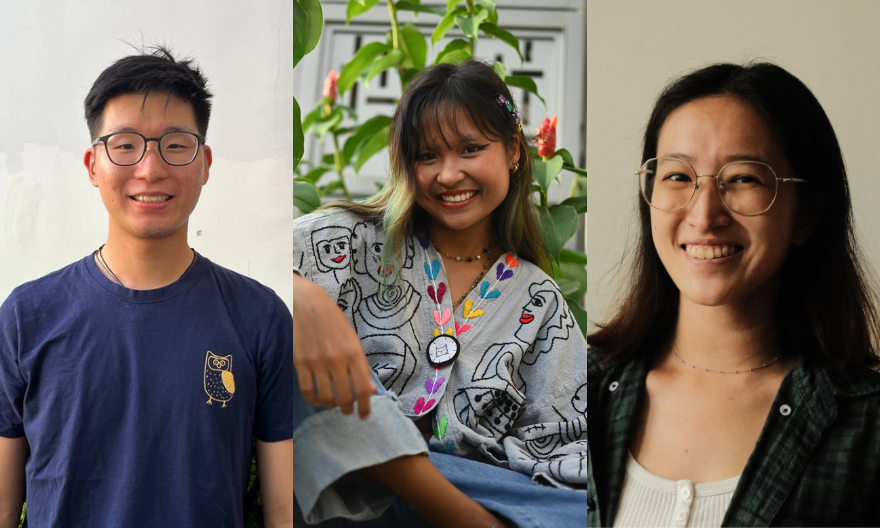Under-Secretary General to the UN, Dr Noeleen Heyzer, gave a public talk at Yale-NUS

70 years ago this year, the United Nations (UN) was born with a charter and a humanitarian dream. In April 2015, Yale-NUS had the honour of hosting the Under-Secretary-General to the UN, Dr Noeleen Heyzer, for a public talk on her personal journey through the UN over the course of her career. Dr Heyzer’s talk was part of the Yale-NUS College President’s Speaker Series.
Before her current role, Dr Heyzer also served as the Secretary-General to the UN’s Special Advisor for Timor-Leste. From 2007 to 2014, she was the Executive Secretary of the UN Economic and Social Commission for Asia and the Pacific (ESCAP), and the Executive Director of the UN Development Fund for Women (UNIFEM) from 1994 to 2007.
In her talk titled ‘Through the United Nations: A Personal Journey’, Dr Heyzer covered the themes of empowerment and humanitarianism. She spoke powerfully on the origins of the UN and its charter, reflecting on the founders: “Faced with untold sorrow and the potential of human self-destruction, enlightened world leaders were determined that never again should the world be destroyed by injustice, hatred and violence.”
Dr Heyzer is well-known for her role in drafting and implementing Security Council Resolution 1325 on Women, Peace, and Security. The resolution, which was adopted unanimously on 31 October 2000, was the first formal and legal document from the UN Security Council that specifically mentioned women and their role in post-conflict reconstruction and development.
She noted, “[The resolution] is regarded as one of the United Nations’ most transformative and legally binding frameworks that we have created together with women living in the conflict-affected countries.”
Dr Heyzer has the tremendous experience of having worked with women all over the globe on issues of development and reconstruction. She spoke on two of her specific experiences in Afghanistan and Myanmar, where she worked with local women to voice their concerns and viewpoints in the state-building process.
Notably, in Afghanistan, Dr Heyzer helped women gain equal recognition under the new constitution.
“Inclusion of women’s equal rights in the constitution was a huge historical victory, but huge challenges remain in its implementation,” she said of the success. “Gender inequality is deeply rooted in entrenched attitudes in social institutions and in political interests. But a spark towards a new future for women has been lighted.”
This triumph reflects Dr Heyzer’s view of women’s roles in the globe and the future.
“The condition of women in a country is a barometer of peace and security, and is associated with better governance and functioning states,” she declared.
Dr Heyzer also spoke on the future of the UN, which is set to adopt a new development agenda and a set of sustainable development goals in 2015.
To round off the talk, Dr Heyzer noted that the relevance of the 1947 UN Charter has not diminished; humanitarian and human rights spaces are shrinking, and there are still millions of people in poverty.
“As the UN turns 70 in 2015, nothing could do more to bring such an institution of human solidarity into being than a genuine recommitment and partnership to shape a future of dignity for all,” she said.
“It remains our greatest hope.”





